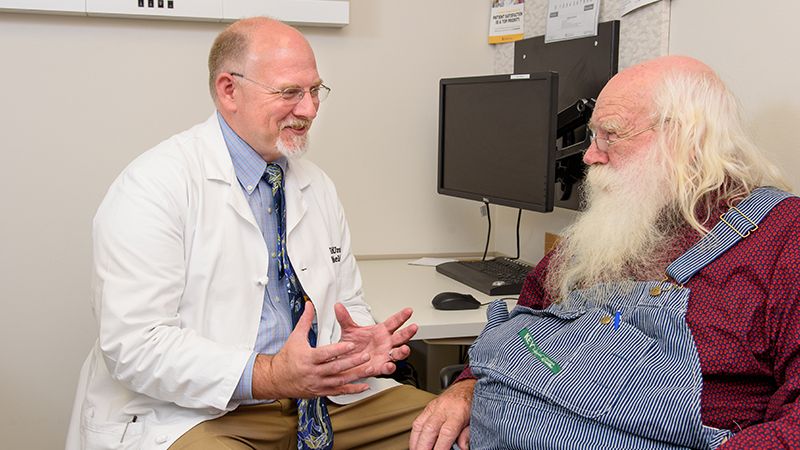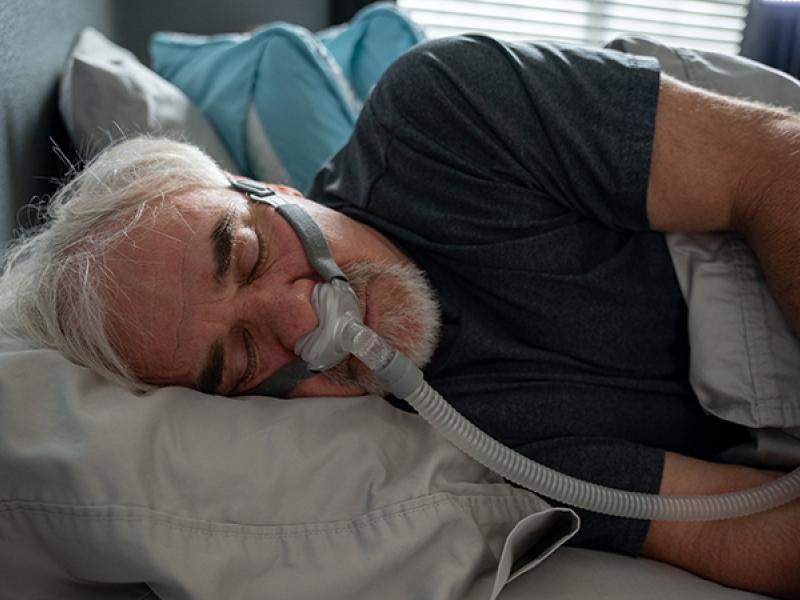
A team of researchers featuring experts from the UMKC School of Nursing and the MU School of Medicine has tested an intervention to help kidney transplant patients take their transplant medications as directed.
A kidney transplant is considered “the gift of life,” but nearly 75 percent of transplant recipients struggle to take their transplant medications every day for the life of the transplant. Without those medications, the kidney will not survive.
A study led by Cindy Russell, PhD, UMKC School of Nursing and Health Studies, received a $2.585 million National Institutes of Health Grant to examine how a personal-systems approach to taking medicine could improve adherence. Russell was joined in her research by other experts in the field including Mark Wakefield, MD, associate professor of surgery and urology at the MU School of Medicine.

The study focused on an intervention called “SystemCHANGE,” which uses a combination of behavior-change techniques and healthy lifestyle behavior education to teach patients how to modify their daily routines and habits. The system tracks success using data from an electronic medication monitoring system. The study was conducted with 89 kidney transplant patients at Saint Luke’s Hospital in Kansas City; University of Kansas Medical Center; University of Missouri Health Care; Barnes Jewish Hospital in St. Louis and the University of Tennessee Health Science Center in Memphis.
“The SystemCHANGE intervention demonstrated large, clinically meaningful improvements in medication adherence,” Wakefield said. “As a result, not only are kidney transplant patients able to benefit from this research, but patients with other diseases will soon gain from this model of scientific investigation.”
The intervention used with transplant patients is now being tested in other chronic illnesses such as heart failure, stroke and soon, chronic kidney disease.





